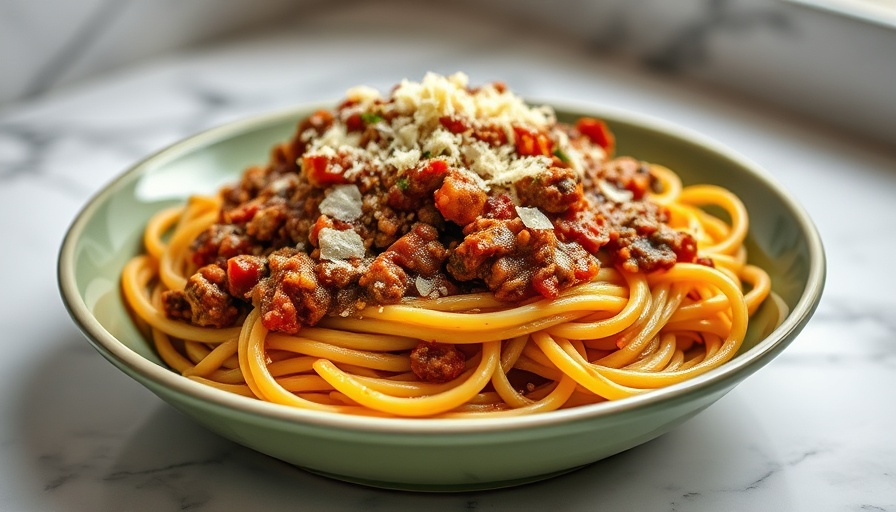
Understanding Turmeric: Spice vs. Supplements
Turmeric, cherished both as a culinary spice and a revered herbal supplement, has recently come under scrutiny due to rising reports linking its extracted formulations to liver toxicity. While the spice itself has long been celebrated for its anti-inflammatory properties, the concern stems primarily from concentrated turmeric extracts. Unlike the widely consumed spice, which is typically safe, supplements—particularly those that include piperine or are formulated for increased bioavailability—appear to raise red flags regarding liver health.
In 'Turmeric Supplements and Liver Toxicity,' the discussion dives into the unexpected risks associated with herbal supplements, exploring key insights that sparked deeper analysis on our end.
The Dangers of Overconsumption: A Cautionary Tale
Case studies reveal troubling trends: instances of liver injury associated with turmeric extracts are documented, with a striking case involving an individual who suffered kidney failure due to chronic turmeric intake. Such risks raise critical questions about the safety of recommended doses. For those considering turmeric supplementation, it’s vital to note that while a little spice can be beneficial, excessive intake—especially in concentrated forms—can have dire consequences.
Why Herbals Matter: A Broader Perspective on Natural Remedies
The distinction between culinary use and supplementation reflects a pivotal theme in nutrition: the notion that natural substances, much like pharmaceutical drugs, require mindful consumption. The popular belief equating "more is better" may be flawed, particularly when it comes to dietary supplements. Just as high doses of certain medications can lead to adverse effects, so too can an over-reliance on extracts in supplement form threaten our well-being.
Lead Contamination: A Hidden Health Risk
Compounding these issues is the risk of contamination. Reports of lead chromate being used to enhance the appearance of turmeric reflect serious safety concerns. The extensive recalls of tainted products emphasize the need for vigilance in the culinary turmeric market. The substance found in turmeric can pose significant health risks, particularly to children, prompting regulators to take necessary action against substandard products.
Research Speaks: What the Studies Reveal
Analysis of numerous trials focusing on turmeric’s effect on nonalcoholic fatty liver disease has yielded noteworthy insights. Surprisingly, low-dose turmeric supplements have been shown to be significantly more effective than higher doses in alleviating liver inflammation. This finding underlines the importance of adhering to moderation even when seeking the touted health benefits of turmeric.
Making Informed Choices: What You Should Know
It’s critical for consumers to be discerning both in their choice of turmeric products and the quantities they incorporate into their diets. Opting for whole spice turmeric used in cooking, rather than relying on an extract, can enhance safety while still allowing for the potential health benefits of this vibrant root. Dr. Greger’s guidance to limit intake to a quarter teaspoon daily echoes this perspective, advocating for a food-based approach rather than supplement reliance.
Future Directions: The Evolving Understanding of Herbal Safety
Considering the growing scrutiny surrounding herbal supplements, the landscape of nutritional recommendations may shift further toward whole foods. This mirrors broader trends in health policy advocating for education and awareness about the value of unprocessed ingredients in nutritional practices. As research continues to emerge, keeping abreast of new findings can help consumers make informed decisions suitable for their health.
In summary, while turmeric offers numerous benefits, the complexities surrounding its supplemental forms warrant cautious engagement. By prioritizing culinary turmeric, consumers can reap health benefits without the associated risks of more potent extracts. Stay informed and embrace safer, whole-food approaches to nutrition.
 Add Row
Add Row  Add
Add 







Write A Comment